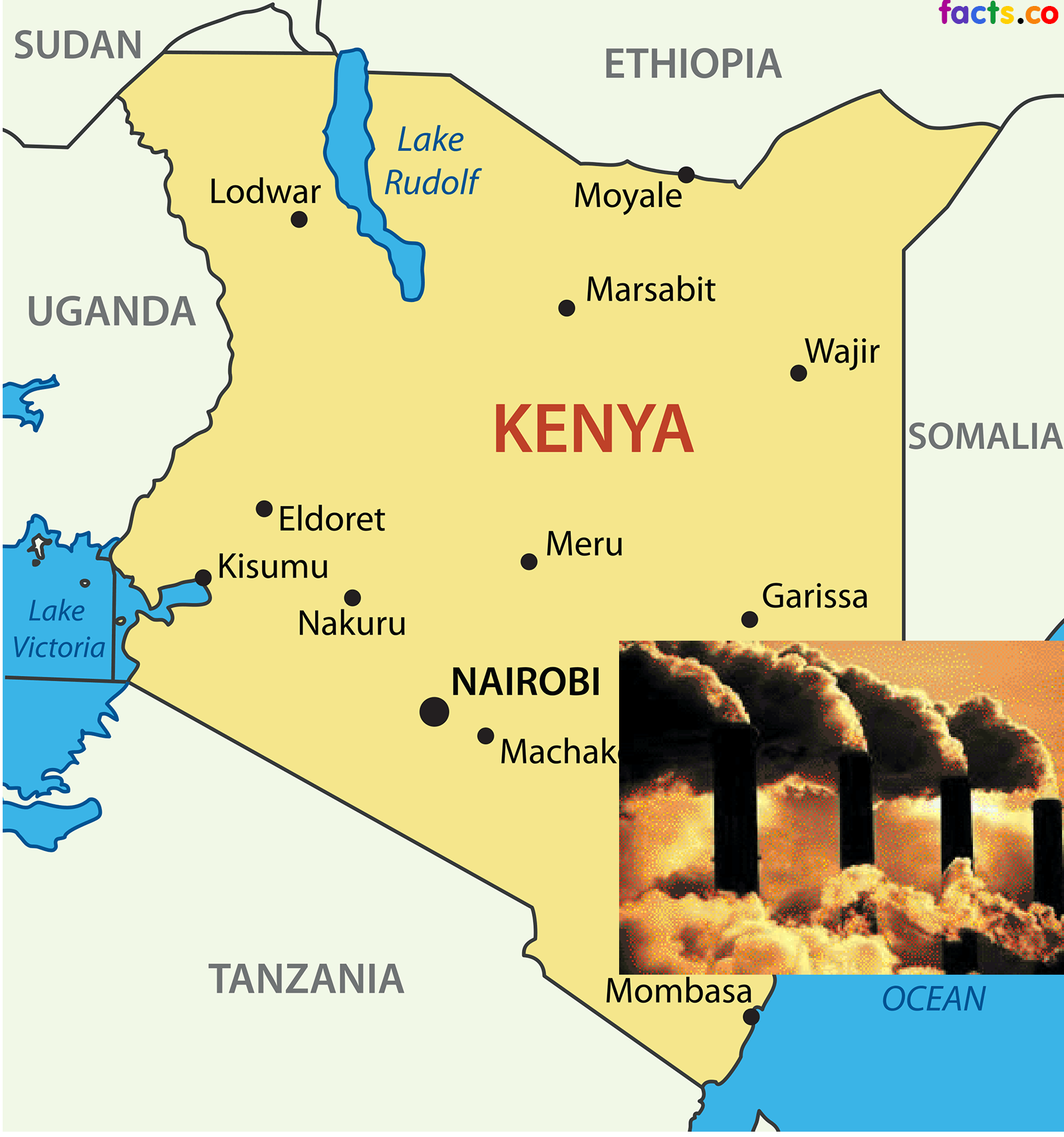Opponents appealed the decision by the National Environmental Management Authority (NEMA) to give a green light to the project. They claim the decision ignores environmental threats to the local ecosystem, fisheries resources and human health. They also claim the plant will negatively impact the town of Lamu, a nearby Unesco World Heritage site on Kenya’s Indian Ocean coast. Ten local civil society groups led by advocacy groups Save Lamu and the anti-coal campaign DeCOALanize have filed a petition before the National Environment Tribunal (NET) in Nairobi.
By MAINA WARURU, This is Africa.
As is the case across much of Africa, power is a scarce resource for many Kenyans. Yet a project to build one of the region’s biggest power plants is facing stiff opposition. The reason: it is coal powered.
Chinese firm Power China Power Global signed a joint venture with Amu Power in May to build Africa’s second biggest coal fired power plant. After several delays, construction on the $2bn, 1050 MW project is finally underway.
Now groups opposed to the development are intensifying their efforts to halt it, citing environmental and land rights concerns. They also argue coal power will push up prices for consumers.
The controversy cuts to the core of a debate on the social and environmental responsibilities of late developing countries.
Should low emitters be pushed to develop only clean energy sources as they evolve, or should they be allowed to use any type of energy available to grow their economies? Kenya’s government is clearly leaning towards the latter, but not everyone agrees.
In March opponents appealed the decision by the National Environmental Management Authority (NEMA) to give a green light to the project. They claim the decision ignores environmental threats to the local ecosystem, fisheries resources and human health.
They also claim the plant will negatively impact the town of Lamu, a nearby Unesco World Heritage site on Kenya’s Indian Ocean coast.
Ten local civil society groups led by advocacy groups Save Lamu and the anti-coal campaign DeCOALanize have filed a petition before the National Environment Tribunal (NET) in Nairobi.
In May, members of the Save Lamu coalition also filed suits against both NEMA and Amu Power Company, the special purpose vehicle formed by Centum Investments – led by Kenyan Industrialist Chris Kirubi – and petroleum company Gulf Energy.
In court documents, activists claims the license to build the plant was issued in violation of the Kenyan constitution, the Environmental Management and Coordination Act and the Land Act.
“The Environmental Impact Assessment report contained poor analysis of alternatives and weak economic justifications. [It] erred in law and fact, by approving the project which will cause marine pollution through the discharge of thermal effluent on the marine environment by utilising poor and outdated cooling technologies,” reads an affidavit drawn by constitutional advocate Suyianka Lempaa.
“The project is located in an ecologically sensitive area that should not be allocated for such a purpose. It will have a negative impact on Kenya’s air quality with adverse impacts on human health and biodiversity,” adds the affidavit.
Amu Power has responded, arguing that the project is in line with the country’s development blueprint, Vision 2030, as well as the government’s aims to turn Lamu county a regional trade and investment hub.
It denies claims that the project posed an ecological, or economic, livelihood threat to the local community citing various studies done by local and foreign firms and the African Development Bank.
Claims by community groups that the project would push up power prices through importing coal from South Africa have also been repudiated in the court document.
Activists also claim the plant will push up local power prices as coal would have to be imported from South Africa. Amu Power denies this.
According to energy consultant Hindpal S. Jabbal, if the plant goes ahead, national power company Kenya Power will have to purchase power from the plant at $10.1 per kilowatt hour up from the current tariffs of $7.5. This is a cost that will be transferred to consumers, he says.
“Based on all technical [and] economic considerations, Lamu Coal plant cannot be justified and the contract with Amu Power should be terminated forthwith,” Mr Jabbal, formerly chairman of Kenya’s Energy Regulatory Commission.
Construction of the plant was expected to begin in December 2016 and be completed in 2019 on 900 acres of land.
The government plans to increase power production from the current 3,000 megawatts to around 10,000 megawatts by the year 2030, to support accelerated economic growth. Source: This is Africa.





